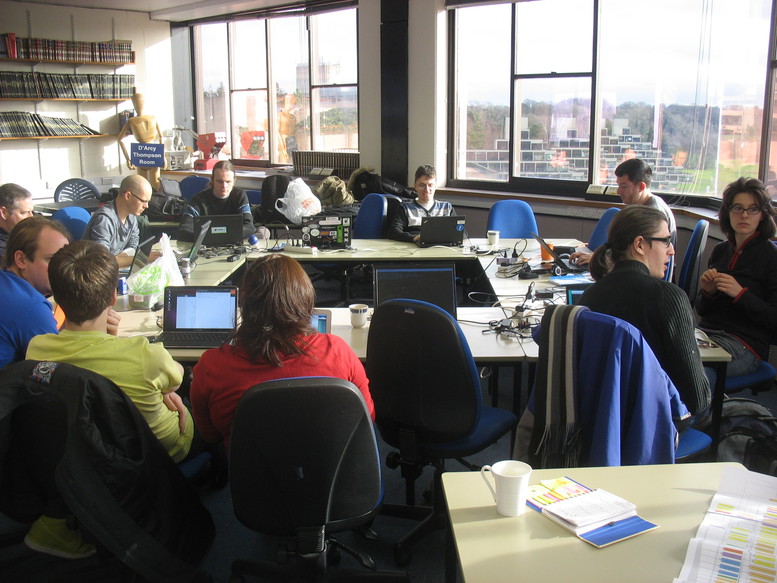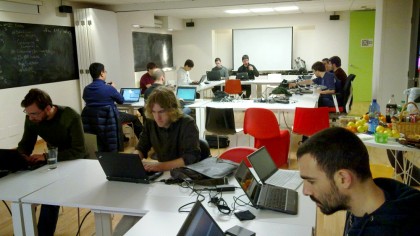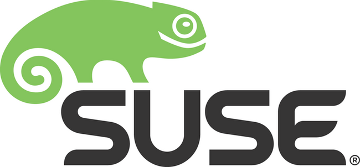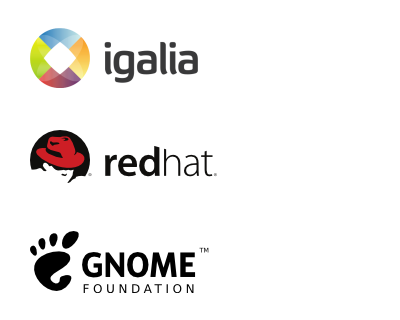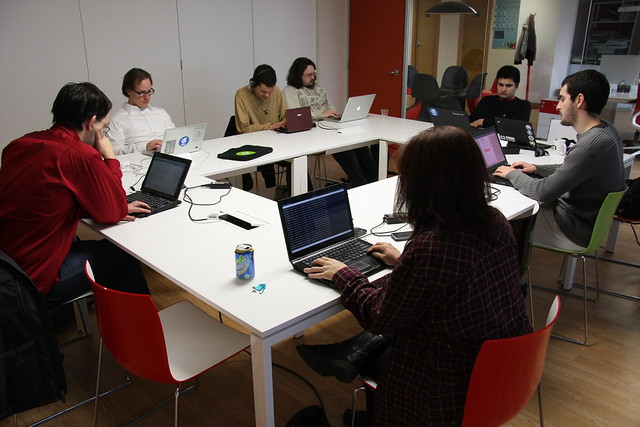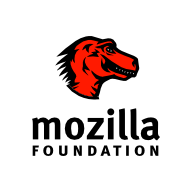GUADEC is only a few days away, but some GNOME contributors are already gathering in Strasbourg to improve the GNOME document reader, Evince.
Their goals include: making further improvements to accessibility support, implementing tiling support to allow infinite zoom, improving the support for PDF annotations, revamping the comics back-end and reviewing and integrating pending patches.
The hackfest brings together members of the GNOME Accessibility team, and Evince developers. It also involves a number of Google Summer of Code students.
The event could not have taken place without the support of the GNOME Foundation.
You can learn more about the Evince Hackfest on the event wiki page.



